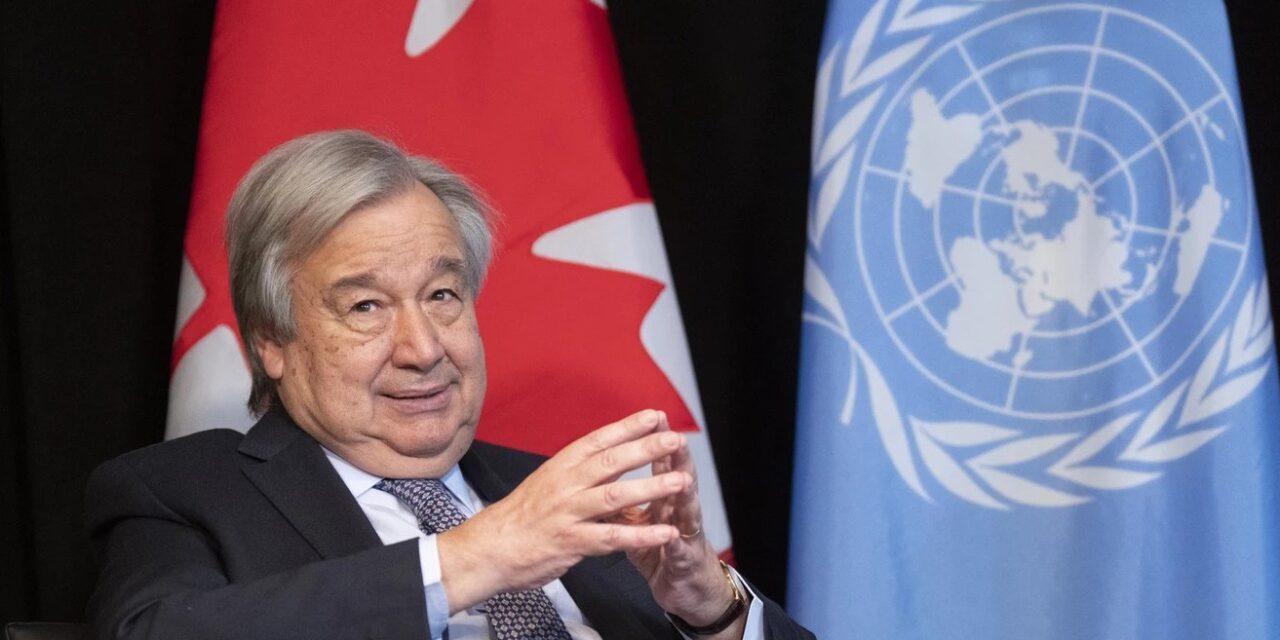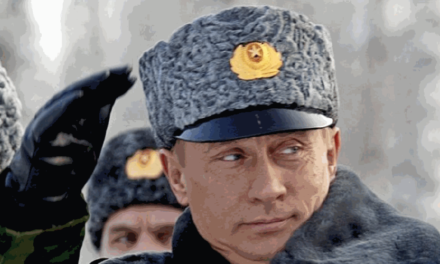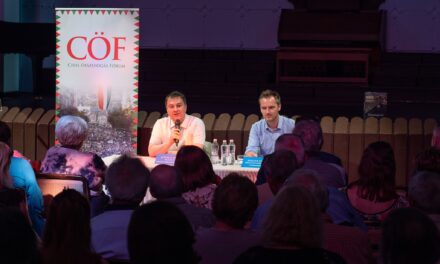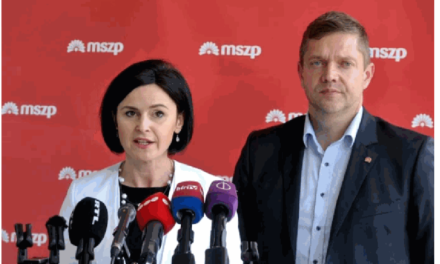Under the surface, Agenda 2030 is preparing a total expansion of the power of the UN and its organizations.
On September 11, 1990 (a day with an ominous sign, based on the later events of 2001), President Bush the elder declared in his speech before the US Congress: a new world order will be established after the end of the Cold War. Nobel laureate economist Jan Tinbergen wrote this three years later, on December 24, 1993, in the Dutch newspaper De Telegraaf:
“I am not a prophet, but I see the United Nations as the new world government. He has not shown any strength so far, but that will change in the future.”
So let's ask the question: what is the UN, or what does it want to be? And who determines that?
First: from the beginning, the United Nations has had a strong connection with the Rockefeller family, which has been thinking about the creation of a world government for a very long time, several of them - for example, David Rockefeller, who died at the age of 101 a few years ago - clearly stated this in public. The latter said this in 1994 before the UN Economic Commission:
"We are on the brink of global transformation, all we need is the right major crisis and the nations will accept the new world order."
The Rockefeller Foundation greatly influenced the institutional reorganization after the Second World War, at the world level. To date, the studies on the future of one of the most influential globalist associations, the Council on Foreign Relations (CFR, European subsidiary of the European Council on Foreign Relations, founded by György Soros in 2007, ECFR) have been financed by the foundation, and these joint efforts include they contributed to the creation of the World Bank, NATO and, not least, the UN.
In 2012, former UN Secretary-General Ban Ki-moon said the following about the close relationship between the Rockefellers and the UN:
"The Rockefeller family [...] over the years has given enormous support to the League of Nations and the United Nations."
The Rockefeller dynasty also provided concrete help to find a place for the UN building: it donated seven hectares of land to the founding organization in Manhattan, and on October 24, 1949, the foundation stone of the new UN headquarters in New York was laid. The central building of the United Nations has been operating on the former Rockefeller land ever since.
According to the available information, the foundation and the Rockefellers maintained excellent relations with, among others, Kofi Annan (former Secretary-General between 1997-2006), the aforementioned Ban Ki-moon (2007-2016), and the same is true for the current Secretary-General, the leftist António Guterres (who he was also previously the president of the Socialist International). Guterres has been Secretary General since 2017, and has already met with members of the Rockefeller family several times.
In 2015, the UN adopted Agenda 2021, which was aimed at solving the world's problems, and later Agenda 2030 was born, formulating 17 goals with the intention of improving the world... But to return to the question of world government or not world government, from the point of view of deciding this
a crucially important date is July 2019, when the UN concluded a strategic partnership agreement with the World Economic Forum (WEF) led by Klaus Schwab on Agenda 2030, in order to speed up its implementation.
We are well aware that the WEF's staff and members have set themselves the goal of world governance, they have been working on this for a long time, and to achieve this, they deploy different tactics and strategies that change from time to time, the most spectacular manifestation of which is the Great Reset published almost immediately after the outbreak of the coronavirus epidemic ) concept, Klaus Schwab and the now British and Commonwealth ruler III. in celebration of King Charles.
In essence, the WEF thinks in terms of a vision of a neo-communist world society covered with a liberal glaze, in which nation-states disappear or are pushed into the background, and technocracy, giant companies, take over the power over people,
who will live their identical, monotonous, externally controlled lives as a kind of "homo globalicus" (my own term).
These two organizations have entered into a strategic partnership agreement with each other in order to achieve the goals. The term "partnership" is telling here in deciding what task the UN and the WEF will set for themselves in the future.
Among other things, Agenda 2030 includes the ID2020 program. This is nothing more than the construction of a digital identification system that would be mandatory for all people in the world, it would mean the creation of a kind of digital identity. This system would go beyond state databases and enable worldwide personal identification of our most diverse characteristics.
Agenda 2030 does not hide the fact that one of the most important goals is the general spread of public-private partnerships (using a new concept). This means nothing more than the nullification of nation-states, governments and parliaments, and that the majority of public tasks would be taken over from the states by private companies. This would be the total victory of the global market over the state and civil society. (Incidentally, I myself wrote about this in detail in my book A superseded democracy, published in 2013.)
The dominance of public-private associations would mean, among other things, that not the states, but private companies, transnational financial institutions - see BlackRock, Vanguard - would have real power over the UN, and thus it would become the world government.
The companies would create rules that apply to everyone at the expense of the nation-states, and would no longer obey the states, they would go beyond them. All of this would, of course, mean the expansion of the influence and power of the oligarchs.
The future, global IDs, which would be mandatory for all people, would contain the personal characteristics of individuals, vaccinations, shopping habits, views, opinions, social connections, etc., that is, a center would get an almost complete picture of each person. This would be life-threatening because based on this
the social engineers of the future could start from the fact that it is easy to deduce from the data what the majority wants and what their opinion is on any issue. And this can also give rise to the astonishing conclusion that there is no need to hold democratic elections in the future. In other words, there is no need for democracy.
The WEF already considers elections and democracy an obstacle to achieving its goals, as there are recalcitrant countries - such as Hungary - where people constantly elect parties and governments that go against the real goals of Agenda 2030 and the Great Reset. Although the leaders of the WEF already assume that an infinitely responsible and philanthropic economic and financial elite will solve everyone's problems, problems and needs (because they know all these exactly), and with the development of "smart cities" they will not really need property anymore for people. In this way, data and information can "easily" replace money and currency, so cash can also be taken out of the system.
Of course, the UN is an organizational system made up of many offices and related institutions, so the more realistic approach is that world governance would come into effect in a multi-functional way. This would mean that the world would be led by various "specialized" organizations in one field or another. Among these, the first worth mentioning is the WHO, the UN World Health Organization, which was established in 1948 and was originally intended to help the nations, states, and member states of the UN in protecting health and combating diseases and epidemics. So originally (perhaps) the goal was not yet for the WHO to become an all-powerful organization governing nations and states. Today, however, it is apparently about this:
the WHO, led by an Ethiopian ex-communist, Tedrosz Adhanom Ghebreyesus, wants to achieve at its general meeting next year that it will define as an organization above nations and member states when there is an epidemic or pandemic, and accordingly when what must be done in the countries, and these decisions states must implement without hesitation.
Similar to this is the Intergovernmental Panel on Climate Change, which has been telling the world's public opinion in reports for years about climate hysteria, which is caused by human carbon dioxide emissions, period. For them, the time for the scientific debate about this is over. The international Clintel (Climate Intelligence) group, which now consists of one thousand six hundred scientists and experts, fights against the full power of this body; this struggle is very difficult, but perhaps not hopeless.
At the moment, this is perhaps enough about what the UN is and what it wants to be. I can say in conclusion: Agenda 2030 in a certain sense prepares the total expansion of the power of the UN and its organizations.
Source: Hungarian Nation
Cover photo: UN Secretary-General Antonio Guterres / Photo: TASR/AP












